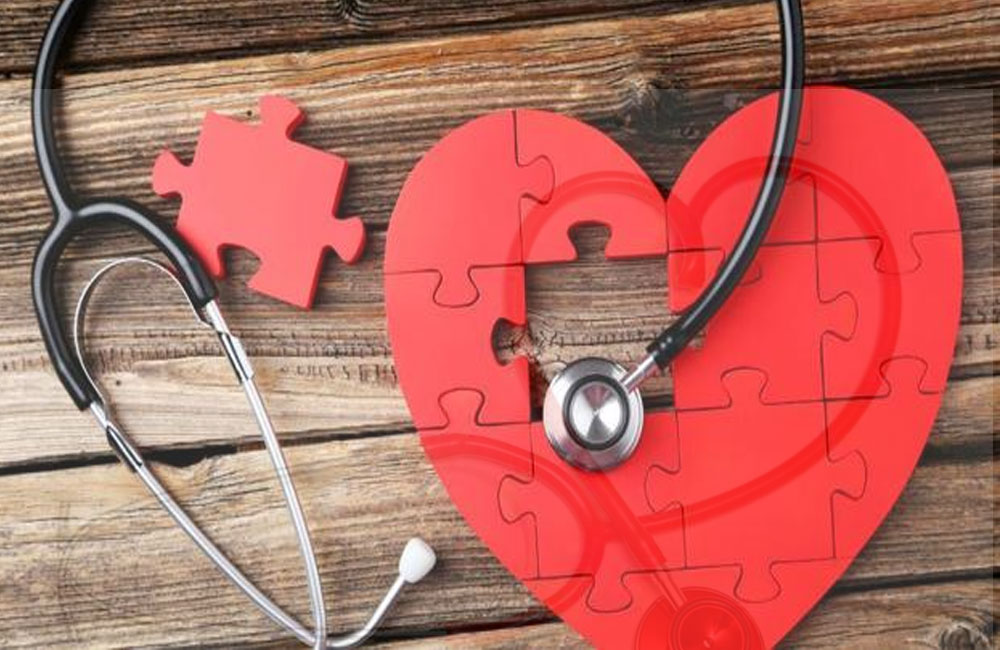
5 warning symptoms of a heart attack you shouldn’t ignore
Posted By Suborna Fermi
Posted on Nov 29, 2023
If there is any problem with your heart, would you understand it? Heart attacks do not always cause a dramatic fall to the floor like you see in the movies. In reality, not everyone will have clear, noticeable symptoms.
The symptoms of heart disease or attack may differ from person to person, especially in women. For example, some people experience chest pain, and some may also experience pain in other body parts like the shoulder and stomach.
When does a heart attack arise?
Your heart is a muscle that pumps blood throughout the body. Blood helps carry oxygen and other nutrients to the heart muscles. A heart attack, often known as myocardial infarction, happens when the heart muscle does not get sufficient blood. When the heart muscle does not get enough blood flow, the affected parts get damaged, which can be very dangerous.
Although heart attacks appear suddenly, this can usually result from a long-held heart condition. Plaque buildup in the blood vessels or a blood clot can prevent your heart from getting enough blood, which results in a heart attack.
Sometimes, excessive stress, physical activity, and cold weather can also cause blood vessel contraction, which restricts your heart from getting enough blood flow. There are also many other risk factors that can contribute to a heart attack, including:
- Heredity
- Age
- Obesity
- High cholesterol
- High blood pressure
- Poor diet
- Stress
- Low physical activity
- Too much alcohol consumption
If you have one or more risk factors for a heart attack, then check your heart health periodically with a cardiac risk marker test. You can find this test in Thyrocare. Thyrocare test packages are very affordable, yet they provide accurate test results.
What are the warning signs of a heart attack?
- Chest pressure or pain: The most common symptom of a heart attack is chest pain or discomfort. Everyone describes this feeling differently; for example, some people with heart attacks describe this feeling as an elephant sitting on them, while others explain it as if there is something heavy on their chest. It is also essential to understand that not everyone experiences chest pain. For example, some people experience chest tightening, or as if their chest is squeezing. This chest discomfort may last for a few minutes and then disappear. It can also appear a few hours later or even a day later.
- Pain in other body parts: As mentioned earlier, the pain not only arises in the chest; you may experience pain in other body parts. Some people with heart attacks may experience pain in other body parts, such as the left arm, shoulder, upper abdomen, back, neck, throat, teeth, or jaw. As per various reports, women mainly experience pain in the lower abdomen and lower portion of the chest.
- Sweating: Excessive sweating can be an early warning sign of a heart attack, especially if you are at high risk. To pump blood through clogged arteries, your heart needs to work more than usual, so your body sweats more to balance the body temperature. Night sweats are very common symptoms in women, which indicates heart issues.
- Shortness of breath: The breathing process and heart blood pumping are closely related. Your heart pumps blood and transfers it to other body tissues, as well as the lungs. Therefore, if the heart fails to pump blood, you will also experience shortness of breath. Women may also feel unusual fatigue along with shortness of breath.
- Heart palpitation: Some people with heart attacks may feel like their hearts are skipping a beat. Your heart and body rely on a consistent and stable beat. When the heartbeat gets out of rhythm, it is a sign that you're having a heart attack.
Apart from these signs, nausea, vomiting, indigestion, heartburn, and other gastrointestinal problems can also be signs of a heart attack. If you think you or someone else is having a heart attack, then immediately call emergency medical help.
